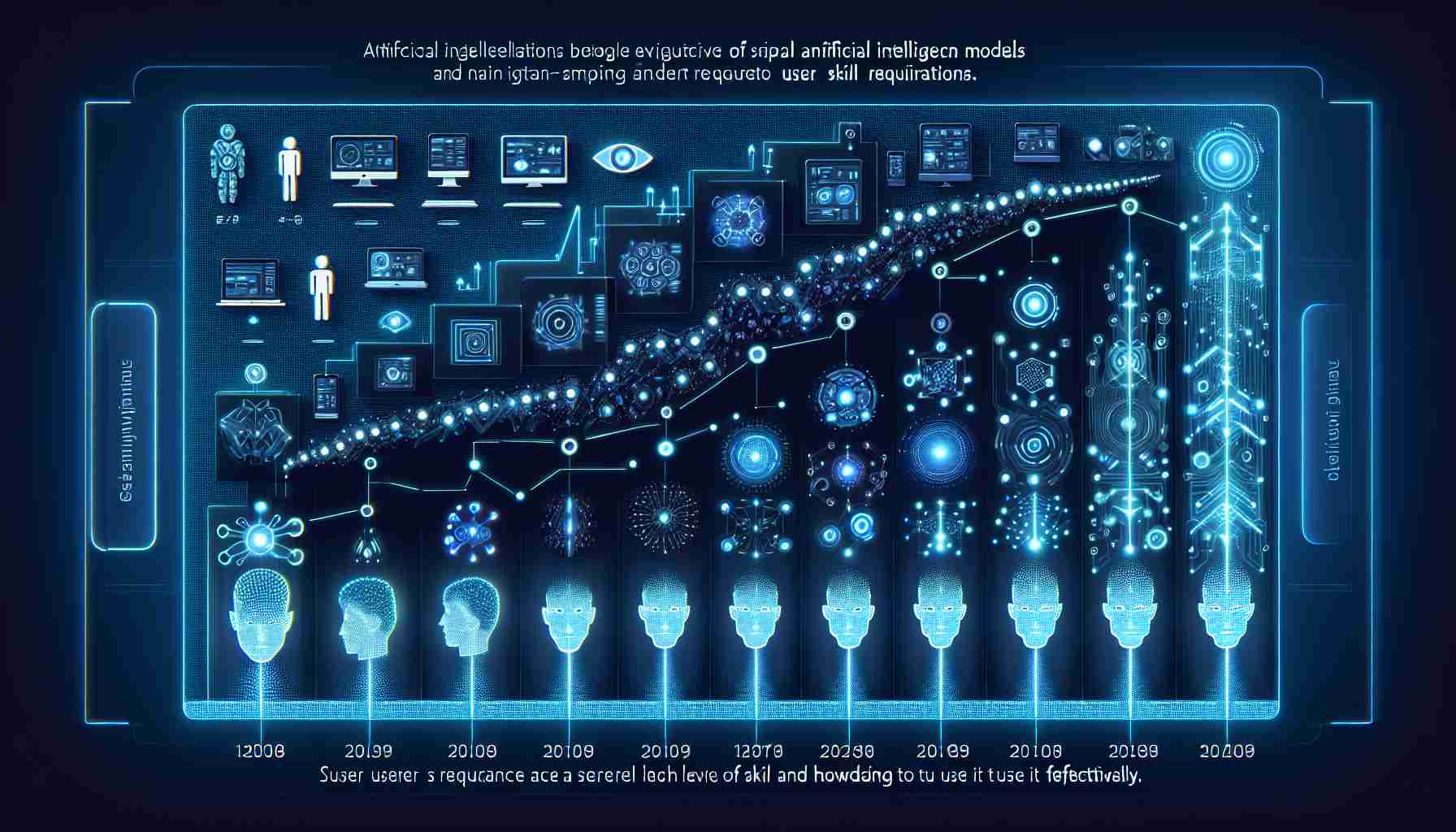As generative AI technology captures global interest, educational institutions like the Digital Innovation College at Rangsit University are highlighting the essential role of expertise in maximizing its potential. Dr. Thanaphun Areeprachak, Assistant Director of the Academic Service Center and a faculty member at the college, stresses the importance of specialized knowledge when engaging with generative AI tools.
Generative AI, an advanced subset of artificial intelligence, has seen a rise in popularity, particularly within chatbots capable of producing high-quality and credible content. Leading examples include OpenAI’s ChatGPT, Google’s Gemini, Microsoft’s Copilot, Antrophic’s Claude, and Glory Forever’s Alisa. They draw from vast language models and internet data to generate human-like responses, albeit with occasional inaccuracies or outright errors.
Underpinning these AI chatbots are complex algorithms and massive datasets that define their conversational abilities. However, the accuracy of their outputs is also bound by the scope of information they have been trained on. For instance, while the free version of ChatGPT (GPT-3.5) utilizes data up until January 2022, Claude is updated with information until August 2023.
Acknowledging this limitation, users must be cautious and critically assess the information provided by these AI systems. Particularly for users like students and non-experts, consulting with knowledgeable individuals and understanding the strengths and limitations of each chatbot is crucial. By doing so, risks of misinformation can be mitigated, ensuring that the use of AI remains effective and reliable. Dr. Thanaphun further encourages end-users to possess or seek domain expertise to verify and appropriately leverage responses from AI chatbots.
Generative AI’s impact on skill requirements extends beyond just understanding the technology itself; it necessitates a shift in the workforce’s skills. As this technology develops, repetitive and routine tasks are increasingly automated, leading to a higher demand for skills that are uniquely human, such as critical thinking, creativity, problem-solving, and the ability to manage AI systems effectively. Thus, the skillset required for many jobs is evolving, and lifelong learning becomes critical to keep pace with technological advancements.
Key questions regarding generative AI:
– How will generative AI impact various industries, and what kind of new jobs might emerge?
– What measures can be taken to prevent the propagation of misinformation due to AI-generated content?
– How can privacy be safeguarded when generative AI processes vast amounts of data, including personal information?
Key challenges and controversies include:
– Job displacement: While generative AI can drive efficiency and innovation, it also raises concerns about job loss, especially in fields where tasks can be automated.
– Data biases: AI systems can inherit and even amplify biases present in the training data, leading to controversial and potentially unfair outcomes.
– Regulation: There is an ongoing debate on how to regulate generative AI to protect individuals’ rights while promoting innovation.
The advantages of generative AI:
– Increasing productivity by automating routine tasks, freeing up human workers for complex problem-solving.
– Enhancing creativity by providing new tools for artists, designers, and creators.
– Facilitating decision-making processes with predictive modeling and data analysis.
Disadvantages of generative AI include:
– Potential to diminish the need for human input in certain sectors, leading to job loss and economic disruption.
– Possibility of AI-generated misinformation spreading, raising concerns about the reliability of online content.
– Risks associated with data privacy and security, as generative AI often requires access to large datasets.
For those interested in exploring more about Generative AI and its implications, consider visiting the official sites of leading AI research organizations:
– OpenAI, creators of ChatGTP.
– DeepMind, focused on AI research for positive impact.
– Microsoft, which is incorporating AI into its products and services.
– Google AI, which is behind many advancements in the field including Google’s Gemini.
It’s important to note that while these companies are at the forefront of AI development, they are also part of the conversation around ethical AI use, data privacy, and the future of work. Hence, engagement with their content should be accompanied by critical thinking regarding these important issues.

